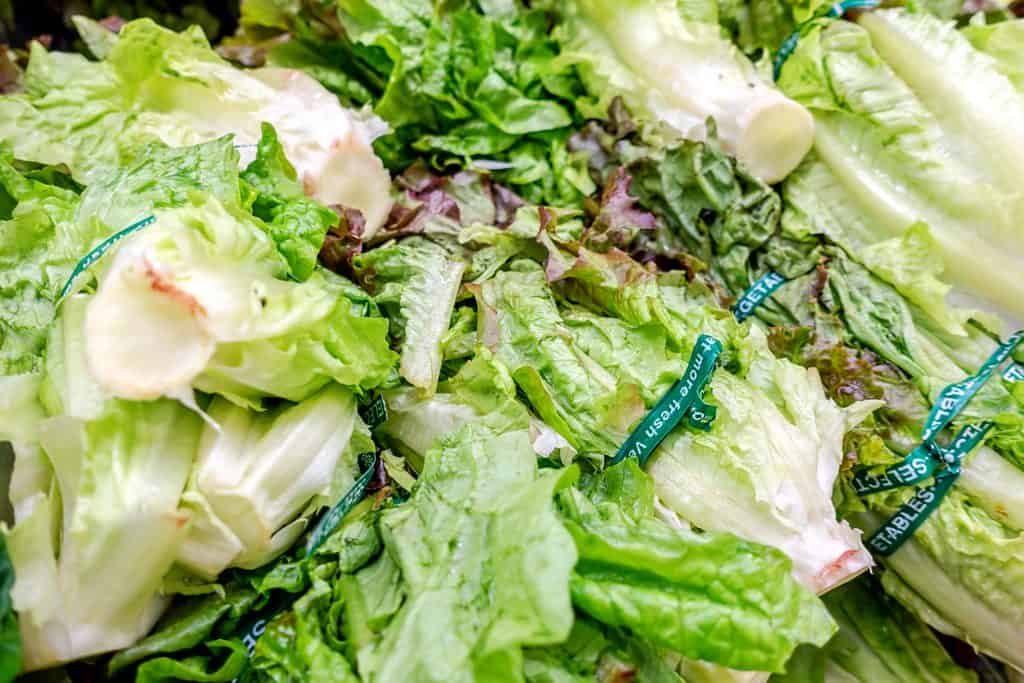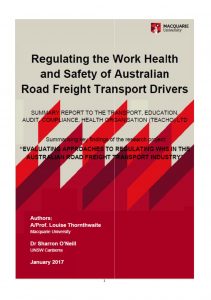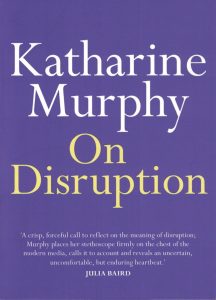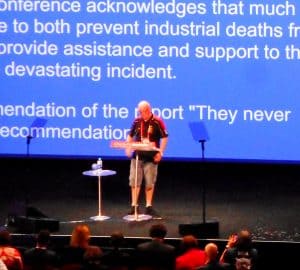This afternoon the Australian Government releases the findings of the Royal Commission into Misconduct in the Banking, Superannuation and Financial Services Industry. This has little to do with occupational health and safety (OHS) directly but it has a lot to do with:
- organisational culture,
- business ethics,
- the social licence to operate,
- the morality of capitalism, and
- Trust
OHS needs to operate within all these elements of business operations and all Australian businesses will be watching how the Government and other political parties react to these findings.
Continue reading “What can we practically do to improve the OHS culture of Australia’s business sector?”

 The strong readership of the article on truck driver safety based on the
The strong readership of the article on truck driver safety based on the 

 The trade union movement was instrumental in showing that workplace bullying was a pervasive problem in Australian workplaces. Many Codes of Practice and guidances for workplace bullying and occupational violence were written shortly after the action by the Australian Council of Trade Unions almost two decades ago. But, for some reason, although sexual harassment was mentioned in those early documents, it never received the attention in occupational health and safety (OHS) circles that, in hindsight, it should have.
The trade union movement was instrumental in showing that workplace bullying was a pervasive problem in Australian workplaces. Many Codes of Practice and guidances for workplace bullying and occupational violence were written shortly after the action by the Australian Council of Trade Unions almost two decades ago. But, for some reason, although sexual harassment was mentioned in those early documents, it never received the attention in occupational health and safety (OHS) circles that, in hindsight, it should have.